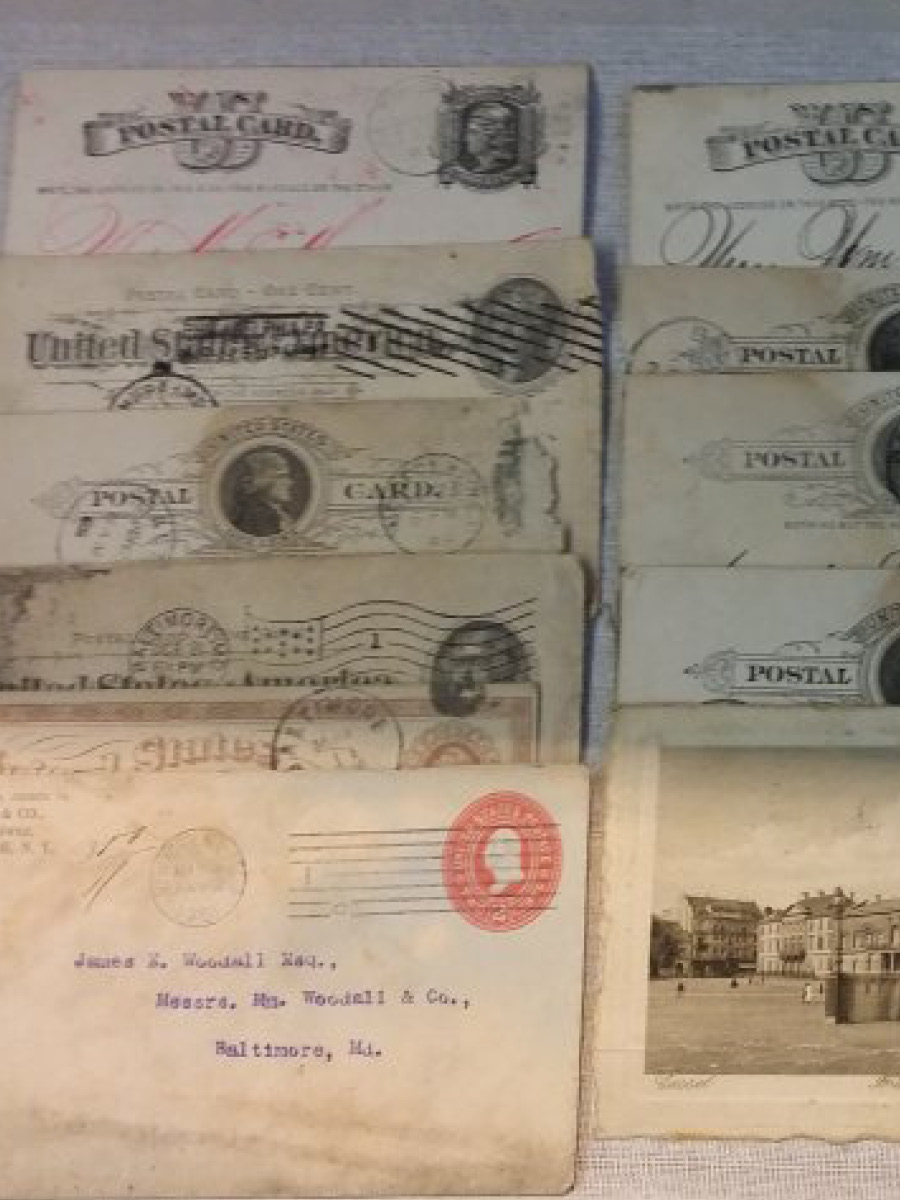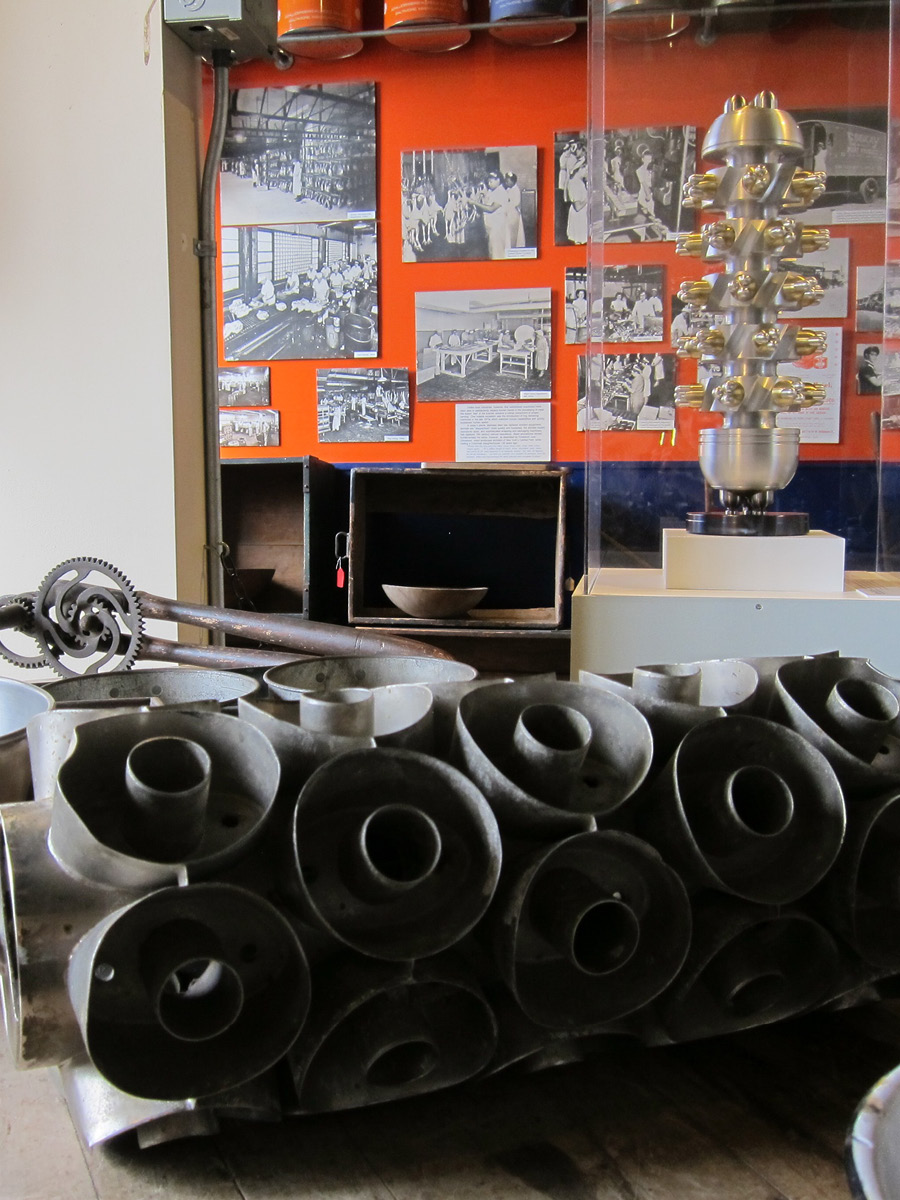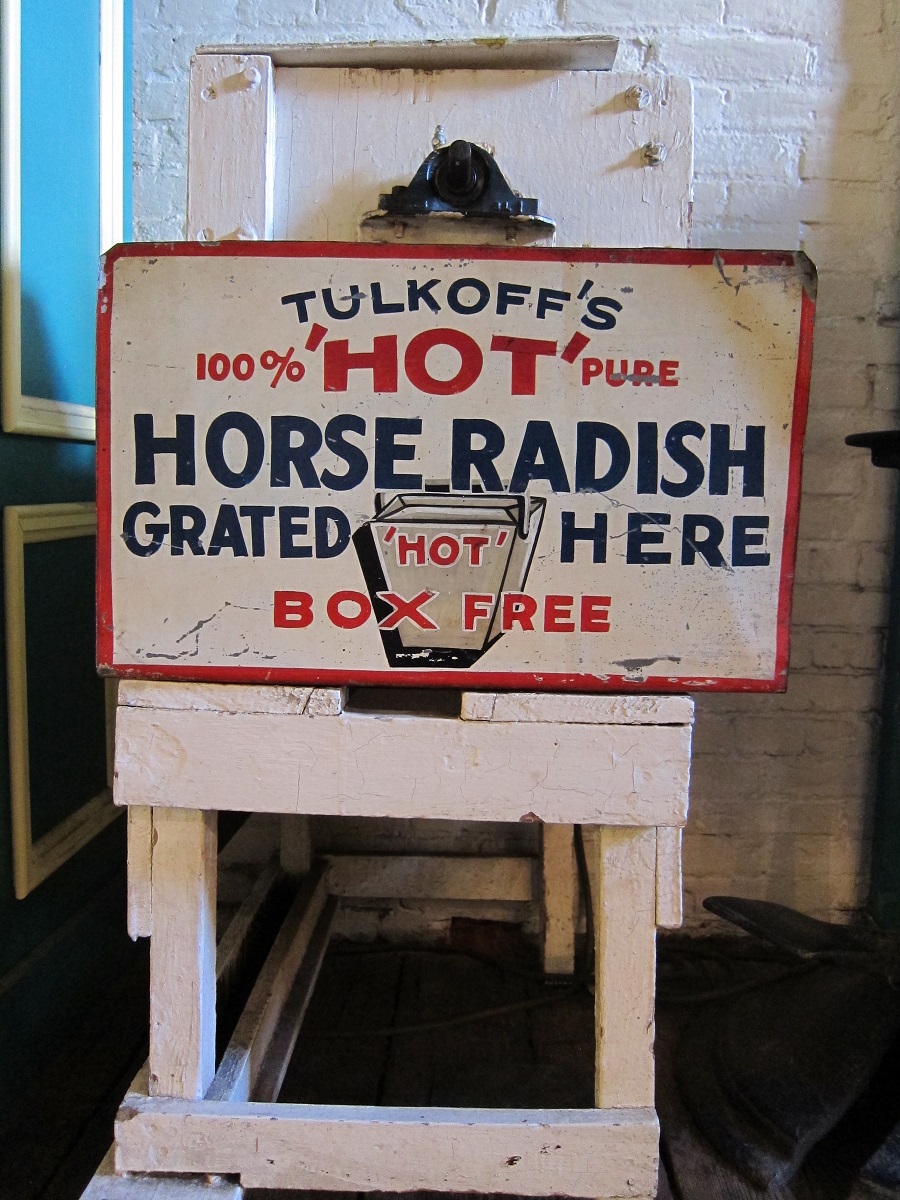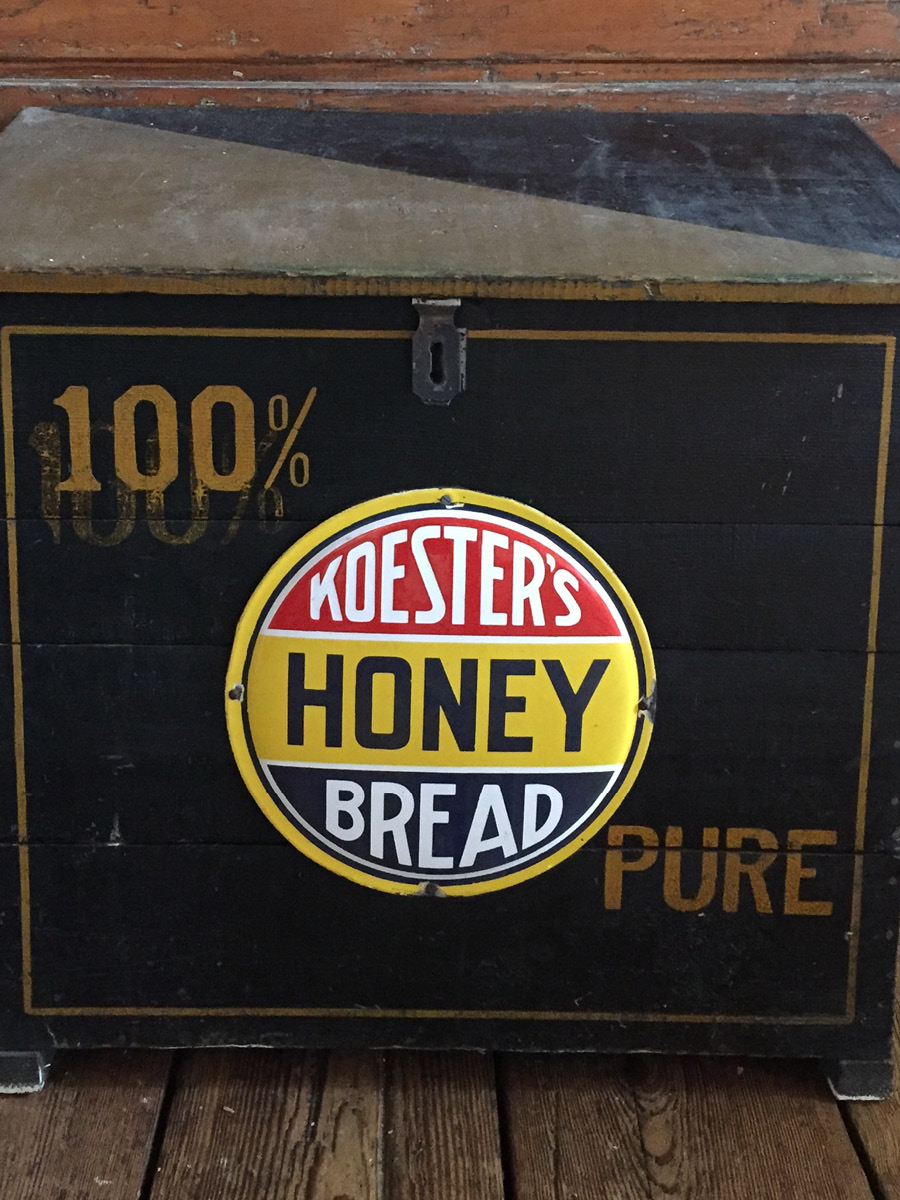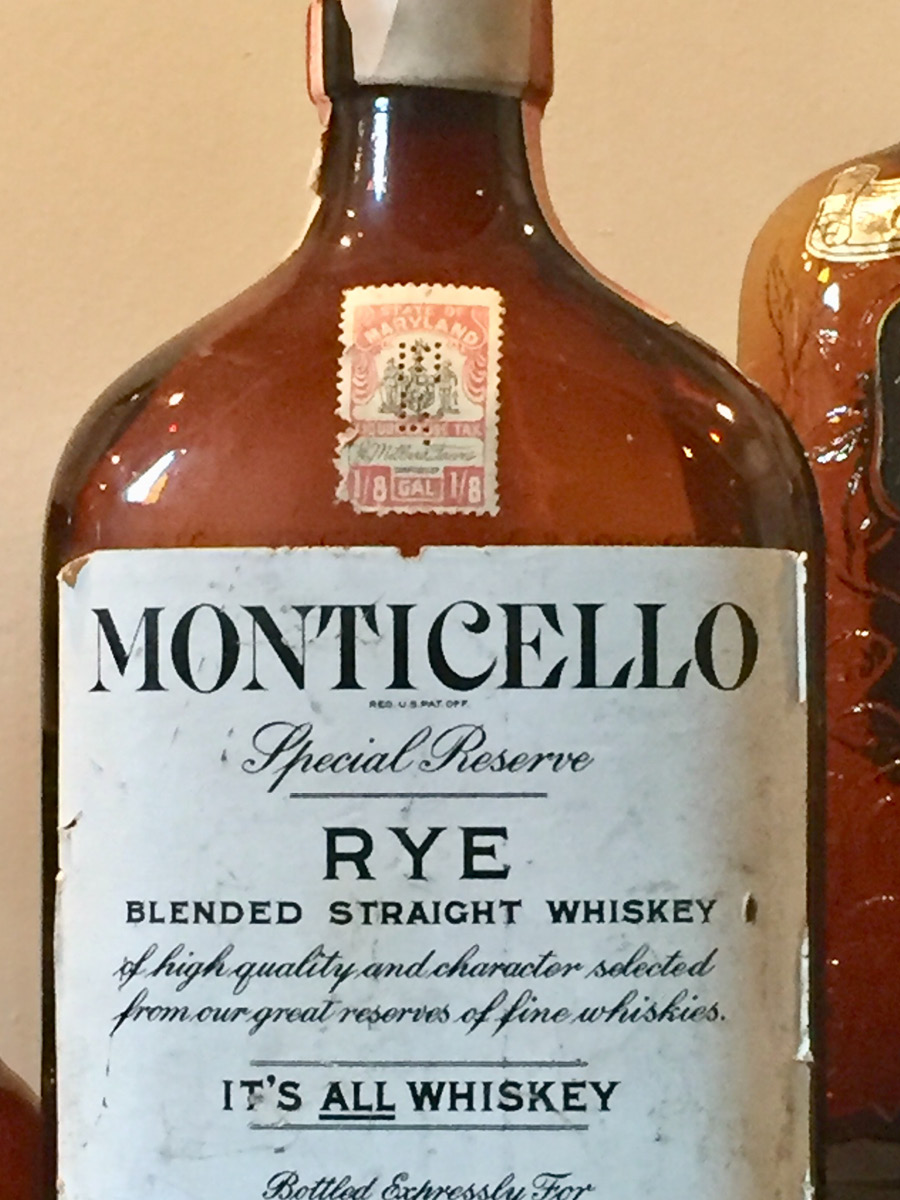Thank you for your interest in an artifact donation to the BMI, a trusted repository for possessions.
Find information about the donation process here.
or contact us with questions:
Rachel Donaldson, Curator of Collections & Exhibitions at rdonaldson@thebmi.org or 410.727.4808 x146
The mission of the Baltimore Museum of Industry is to collect, preserve, and interpret the industrial and technological heritage of the Baltimore region for the public by presenting educational programs and exhibits that explore the stories of Maryland’s industries and the people who created and worked in them.
To help achieve this vision and mission, the BMI shall collect, research, preserve, exhibit, and interpret artifacts in accordance with the collections policy. We celebrate past, present, and future innovations of Maryland industry and its people through dynamic educational experiences representing People, Place, and Product.
Artifacts may be accepted for the Permanent Collection, Research Center, and the Teaching Collection. The permanent collection is controlled by museum staff and requires special considerations and permissions for use. This helps ensure that your gift will be preserved as long as possible. The teaching collection is actively used for hands-on programming and discarded when worn out.
Permanent Collection
The permanent collection consists of artifacts (objects, photographs, archives, and library) which directly relate to the purpose or mission of the museum. Artifacts accepted into the permanent collection are documented, preserved, and managed according to prescribed methods meeting current professional standards.
The permanent collection represents:
Research Center
Some gift offers are more suitable for the Research Center, which serves as a resource for students, scholars, businesses and others to study the region’s industrial history.
Teaching Collection
The teaching collection consists of artifacts that are duplicated in the permanent collection, are reproductions or props used in exhibits, do not directly relate to the purpose of the museum or are of lesser significance, but can still be valuable educational tools.
Condition
All donations to the museum must be clean and free of dirt, dust, grime, insects, cobwebs, etc. Offers received otherwise might be declined. Our rule of thumb is, if your artifacts are not in a condition that you would display them in your living room, then they are not in a condition we can display or store in the museum! The museum does not retain conservation staff to address artifacts in need of cleaning or conservation.
Appraisal
Appraisal of your donation can happen at any time prior to, during, or after the donation process. The museum cannot provide monetary valuations to donors, but we are happy to work with the appraiser of your choice.
What we can & can’t accept
The BMI is pleased to consider any offered artifact that falls within our collecting criteria; however, our storage space is limited and there are legal and ethical considerations associated with each donation. In general, we collect artifacts that relate to, or are descriptive of, the industrial history of the region.
Please contact us for more details, but here are a few important points:

